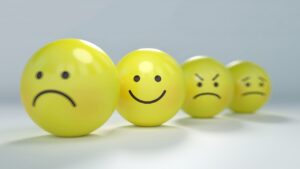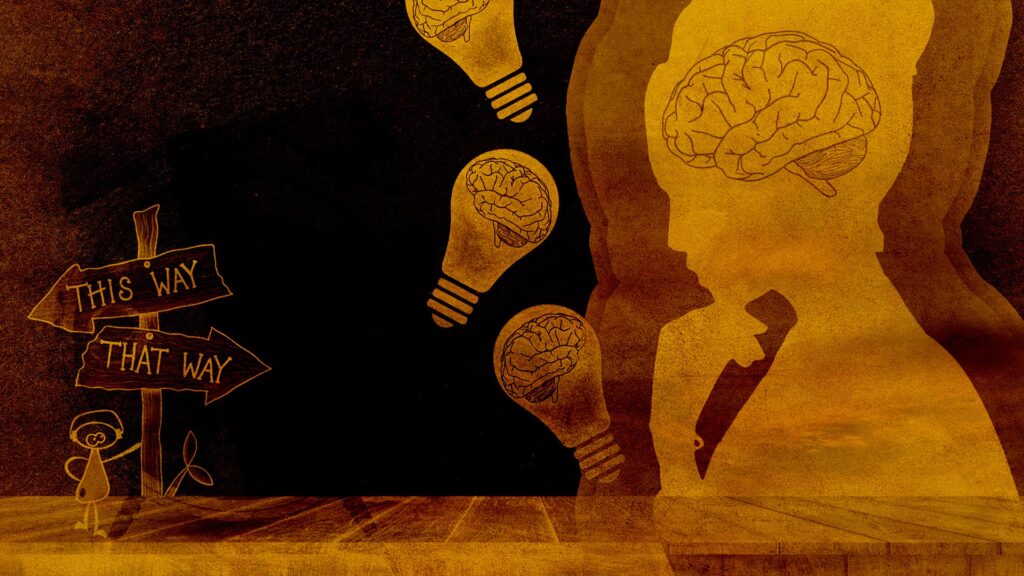17.4.2024:
Some time has passed since I built my blog and still, I have not been able to develop a first post, or even decide what topic would be the best to write about.
Don´t take me wrong. I have a lot of inspiration, but I suppose that the first post should be something special.
Days passed by, then days turned into weeks, weeks into months and I was still stuck in indecision, fully occupied with my other personal business, and I didn´t write a single word, although my mind was full of ideas.
Then it struck me like a flash from a clear sky.
Last two weeks I have been busy purchasing a new car. I have felt like it wouldn´t be enough that this decision is quite overwhelming because it will affect the family finances for a few coming years, I also got into a unique situation, at least for me.
There were two different dealerships unknowingly fighting each other over whom
I should purchase a car. I must say that I felt like a king and wanted to tease those companies for a while about who would come with the best offer.
At first, it was fun but, in the end, I had to decide and realise that no matter how good an offer was I was incapable of making a final decision. It made me feel anxious and overwhelmed.
The above examples were just to show you proof that I am not good at the decision-making process, but in the end, it has brought me an idea of what I want to write in my first post.
I will write about decision-making.
So, what about you?
How Good Are You In Decision-Making?
As I have already mentioned in my introduction, my brain is like a sponge that absorbs all possible information, and I am also constantly hungry to learn new things.
Our current life has one big advantage: very easy access to all the information we need to solve our problems. We need to know where to look.
Recently has come to my hands an amazing book Decisive: How to Make Better Choices in Life and Work written by Chip and Dan Heath, that has helped me to realise that I am not the only one who is bad at decision-making and that even such people as CEOs of big companies make poor decisions.
I don´t want to be a spoiler and take credit for the work of the authors but I think that a brief look into their interesting work cannot cause any harm, so you can judge for yourselves if the book would bring you value. I must say that just the introduction of the book has opened my eyes.
4 Villains of Decision-Making

In the introduction of the book, the authors introduce 4 villains of decision-making that affect the whole process of making decisions, and just that itself has helped me to see the problem from a different perspective.
The 4 villains of decision-making are:
- a very narrow view of the problem,
- confirmation biases,
- emotions that we experience during the decision-making process,
- overconfidence.
In the following chapters of the book, the authors explain, how to recognize each villain by giving a lot of examples from real life and introducing techniques on how to “beat” them.
So, let´s have a look at each villain closer.
1st Villain: A Very Narrow View Of The Problem

The first villain is caused by very narrow questions that we ask ourselves to address our problem. For example: “Should I choose this or that”. These kinds of questions cast a very narrow ray of light on the problem, so we cannot see the issue whole and limit our options.
Perhaps all of us have been in these kinds of situations when we ask ourselves: “Should I choose this job offer or that job offer?” “Should I break up with my partner or should I give him/her one more chance?”
The problem with these questions is that they are ultimate. If you choose one option, you lose the other. But what if you like to have both? Do you know that kind of state of mind, right? It can make us feel overwhelmed and we can stay stuck in indecision for hours, days, even weeks and years, feeling anxious because deep inside we know that we should make some sort of decision a long time ago.
In this case, the authors give us a simple suggestion. We should simply ask ourselves questions that would help us broaden our view of the problem. Questions that would even enable us to get out of this equation as winners and not as losers because we so don´t like to lose. For example, “Is there any way how I can do this job and that job as well?” “Is there any way I can stay with my partner and improve the way how he/she treats me?”
Do you see? Suddenly, we have more options than just giving up one thing over another.
To make this technique work we must forget that there are options: “EITHER … OR”.
Authors then offer other techniques on how to deal with the first villain that can be used not just in our private lives but also in business.
2nd Villain: Confirmation Biases

No matter what we do in our lives we will be always affected by confirmation biases. Not excluding the decision-making.
It is quite common that we subconsciously already favour one of our options when deciding about something. Confirmation biases in that case make us seek answers that support the favourable option. Instead, we should search for objective information that would help us to make the best decision.
We can see, how confirmation biases can be dangerous if we imagine a quite possible scenario where a doctor would diagnose a patient wrongly because he would search a proof of diagnosis that he assumed that the patient has, however, the patient would suffer from something different.
The authors of the book DECISIVE, Chip and Dan Heath suggest searching for opinions that would oppose our decision and give us objective feedback.
The other way how to avoid confirmation biases is to ask ourselves questions that would support an opposite or different result of the decision-making.
The last option is to ask ourselves if the truth is the exact opposite of what we think the truth is.
3rd Villain: Emotions That We Experience During The Decision-Making Process

I think that the best is always to use examples from real life for us to understand how things work and how we can defeat them.
Well, imagine that you are arranging your next holiday all by yourself and you have just found a perfect hotel where you would like to stay. The price is perfect, the service amazing, pictures mesmerizing. It all makes you very excited. You already see yourself in the hotel. You are just about to make a booking when you decide to read some reviews from previous visitors and unfortunately find out that the offer of the hotel and the reality are two different things. You find out that the service is awful, and therefore you decide to search for another option.
In the above short example, we have just discovered how our emotions can be misleading and at the same time explored the best strategy to avoid a decision under their influence. The authors of the book DECISIVE, Chip and Dan Heath call this technique ZOOM IN / ZOOM OUT.
The other strategy that we can use is to spend some time in the environment in which we would like to work, live etc. to get some real experience before we make our final decision. Otherwise, we make decisions under the influence of emotions that are caused by our fantasy on top of that.
The next simple technique to overcome short-term emotions is to ask ourselves how we will feel 10 days after the decision, 10 months, and 10 years after the decision.
And, in the end, if nothing else works for us, we can ask ourselves what we would suggest to our best friend.
4th Villain: Overconfidence

The best historical example of overconfidence is the story of the company Kodak which closed its business after more than 100 years of successful existence in 2012 because its management persistently ignored the development of digital photography which appeared first time in the 1970´s when NASA started to use first digital photography during their Apollo missions.
Chip and Dana Heath suggest that we should imagine a scenario where after some specific period after our decision we would fail, and we try to figure out why we could fail. By using this strategy, we can avoid future mistakes.
At the end of the book, if you still feel that you don´t have enough knowledge to make your decision, the authors suggest setting a deadline. It is the simplest way how not to fall into a trap of never-ending thinking, analysing, and deciding that can take days, weeks, or years, make you feel anxious, overwhelmed, depressed…etc. I know it very well myself because I was there many times in my life.
Conclusion
However, I believe that the book Decisive: How to Make Better Choices in Life and Work by Chip Heath and Dan Heath is not the only source to study the decision-making problem, I am sure that it is a very valuable source if your goal is to improve your life in a matter of making decisions without becoming overwhelmed by too expert terminology. Besides the above-mentioned techniques that can be easily implemented in everyday life, the authors bring a lot of interesting historical examples of how poor decisions can affect our lives and how to implement each strategy. Plus, I am sure that the book contains many more strategies that I might not notice just yet.
I have read (actually listened to as an audiobook) the book already three times and I go back to remind myself of the knowledge that I have learned anytime I feel stuck in some decision-making process.
So, that´s it. My first post has reached its end. I hope that you consider it valuable for you and cannot wait for your feedback. Especially your suggestion about interesting sources that you have read, watched or listened to study the decision-making process further.
George

